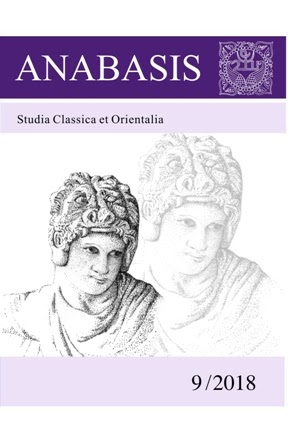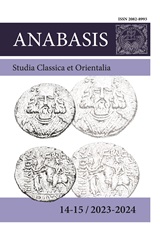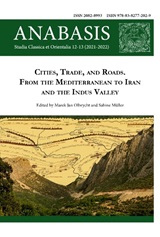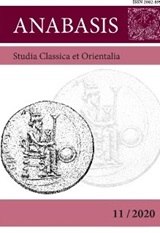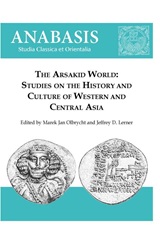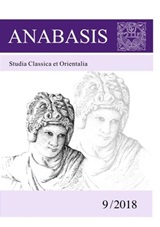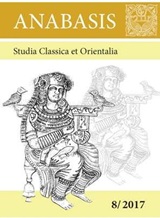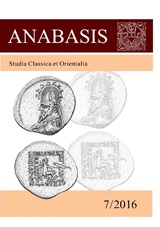Alexander and Macedonian Relations with Thebes – A Reassessment
Keywords:
Alexander III, Macedonia, Thebes, Theban Hegemony, Attic OratorsAbstract
A complex number of reasons and motives led to the punishment of rebellious Thebes in 335 BC. Of course, it was a clear warning to potential rebels against the Macedonian hegemony over Greece. However, the idea that it was mainly an example meant to produce fear, intimidation, and submission out of fright, falls short. Another key element determining the punishment was the Macedonian attempt to gain sympathy and acceptance by those Greeks who had suffered from Theban politics. The Macedonians probably hoped to be seen as their liberators. Argead Macedonia had also experienced Theban pressure during her supremacy. In addition, Thebes had repeatedly unmasked herself as Macedonia’s unreliable enemy. Many Greek contemporaries seemed to have approved of the destruction of Thebes. At that time, such a punishment was a common practice of warfare anyway. The later reports on Thebes’ fall are in parts misleading and biased by a literary layer of mythmaking concerning Thebes.
Published
How to Cite
Issue
Section
License
Copyright (c) 2018 Anabasis. Studia Classica et Orientalia

This work is licensed under a Creative Commons Attribution-NonCommercial-NoDerivatives 4.0 International License.

